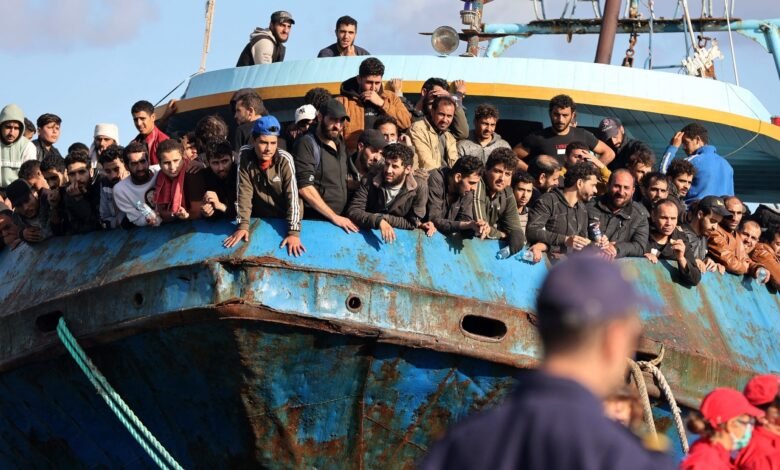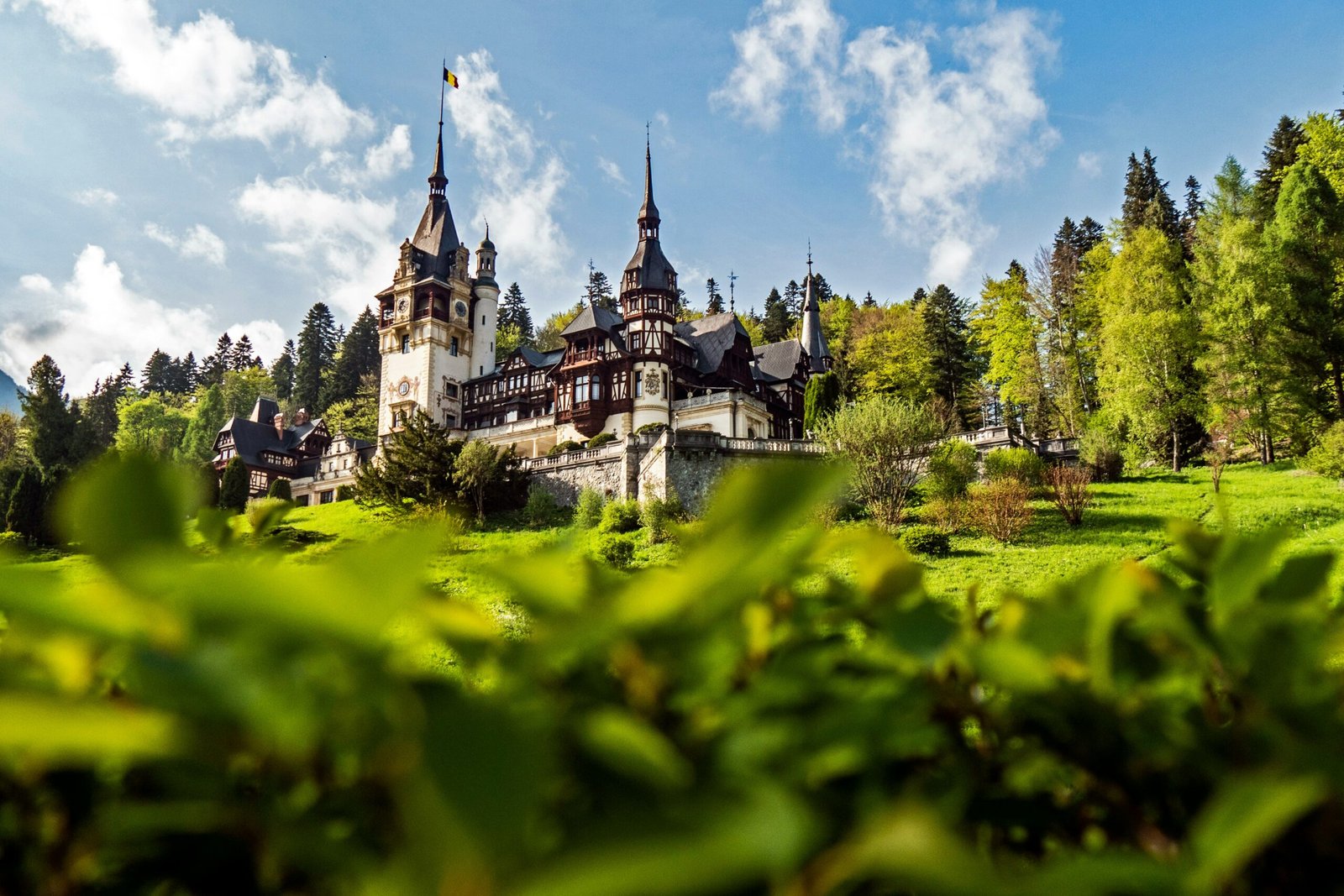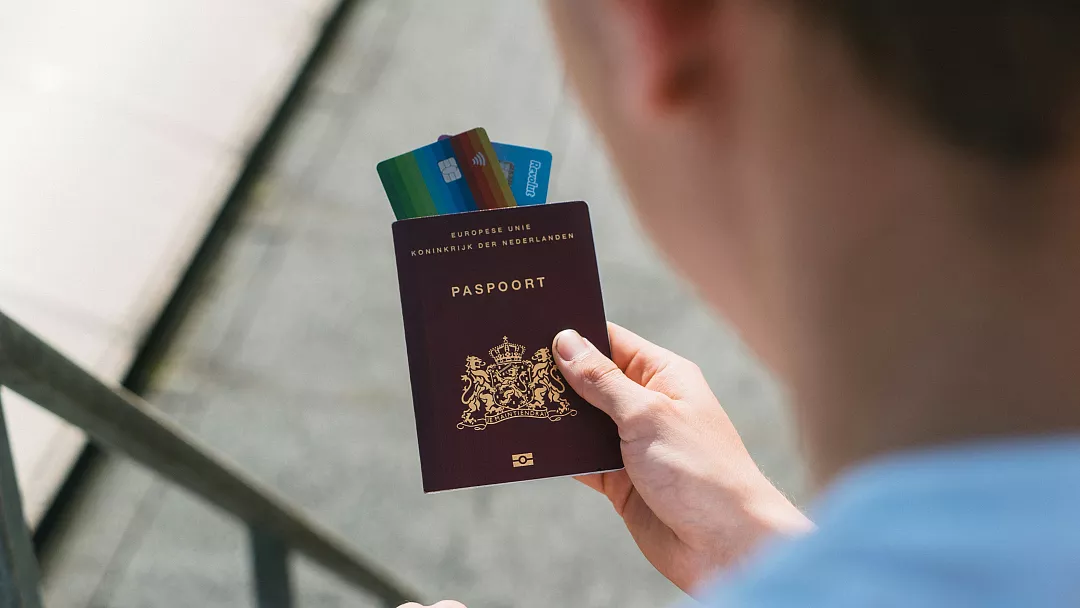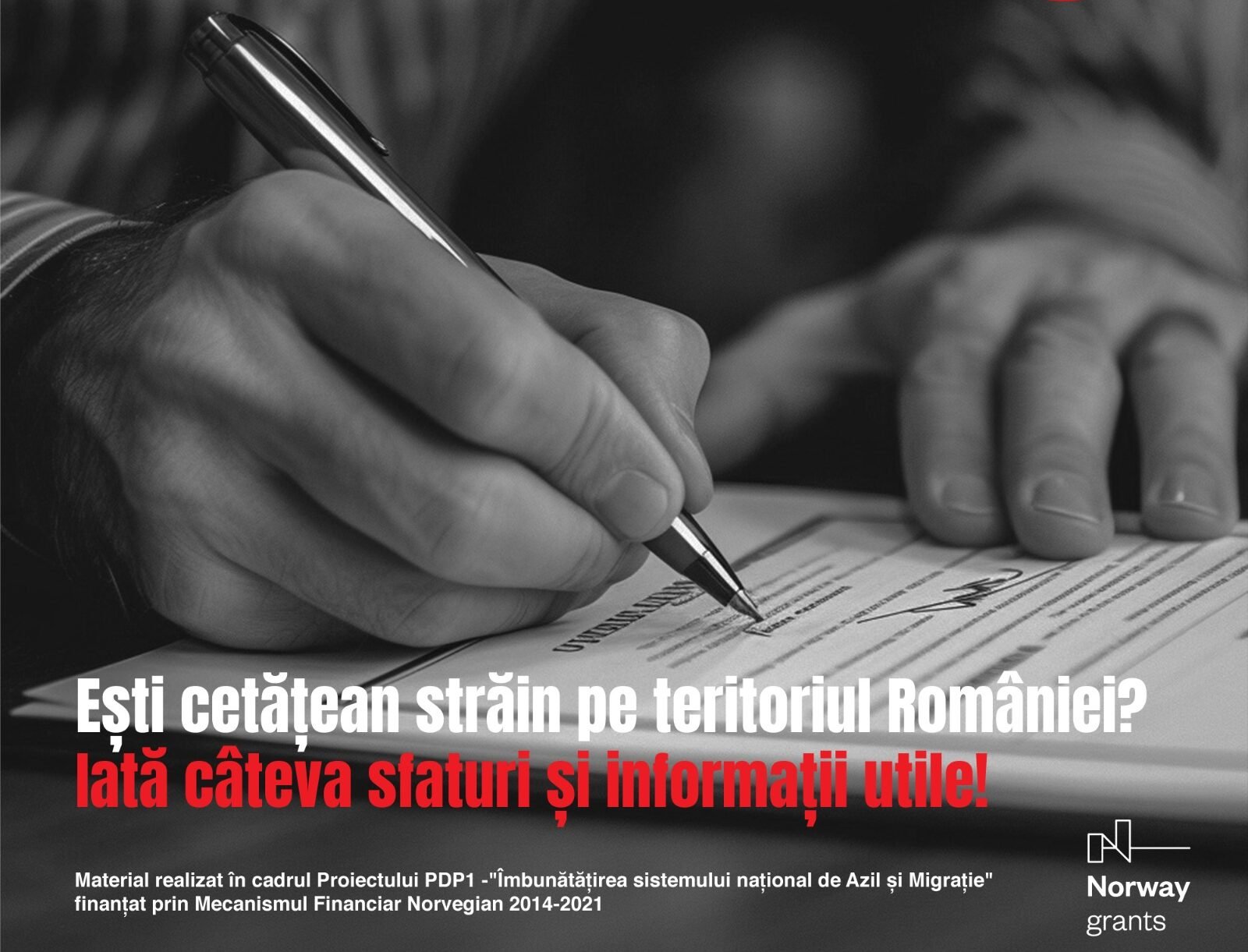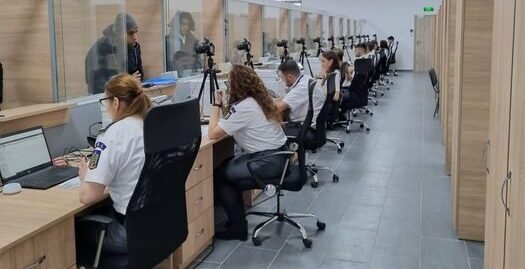Governments of eight European Union member states have supported a plan related to the “voluntary return of Syrian refugees.” The plan involves reassessing the situation in Syria in preparation for allowing “voluntary” returns, according to a joint statement from the countries. The countries include Austria, the Czech Republic, Cyprus, Denmark, Greece, Italy, Malta, and Poland. The statement, as reported by *The Washington Post* on Saturday, said that they agreed to a reassessment that could lead to “more effective ways of dealing” with Syrian refugees attempting to reach EU countries. The countries, which held talks during a summit in the Cypriot capital, noted that the situation in Syria had “significantly evolved,” despite the lack of full political stability. Cyprus has seen a recent increase in the number of Syrian refugees arriving on the island, mostly from Lebanon, on dilapidated boats. Earlier this month, the EU announced a 1 billion euro ($1.06 billion) aid package for Lebanon. The package aims to enhance border control to stop the flow of asylum seekers and migrants to Cyprus and Italy. The eight countries said the EU must increase its support for Lebanon “to mitigate the risks of larger flows from Lebanon to the EU.” The joint statement emphasized that “decisions on who is entitled to cross a member state’s borders must be made by the member state’s government, not by criminal networks involved in migrant smuggling and human trafficking.” This call comes a day after 15 EU member states publicly urged the bloc to strengthen partnerships with countries along migration routes, in the hopes of preventing attempts to reach EU countries. The countries, while “fully embracing” the need to support Syrian refugees in accordance with international law, hope their discussions will open a broader debate within the 27-member bloc about the process of granting international protection to migrants. Greek Migration Minister Dimitris Keridis added that “what European citizens want from us… are practical, realistic, and implementable solutions.” Cypriot Interior Minister Constantinos Ioannou said the United Nations High Commissioner for Refugees (UNHCR) had already established communication channels with the Syrian regime regarding the potential voluntary return of refugees, in line with international law. He added that the return would initially be on a voluntary basis but could develop into forced returns at a later stage. He continued that “there is much to be done to achieve this, as the government of Syrian President Bashar al-Assad is not recognized by the EU.”

